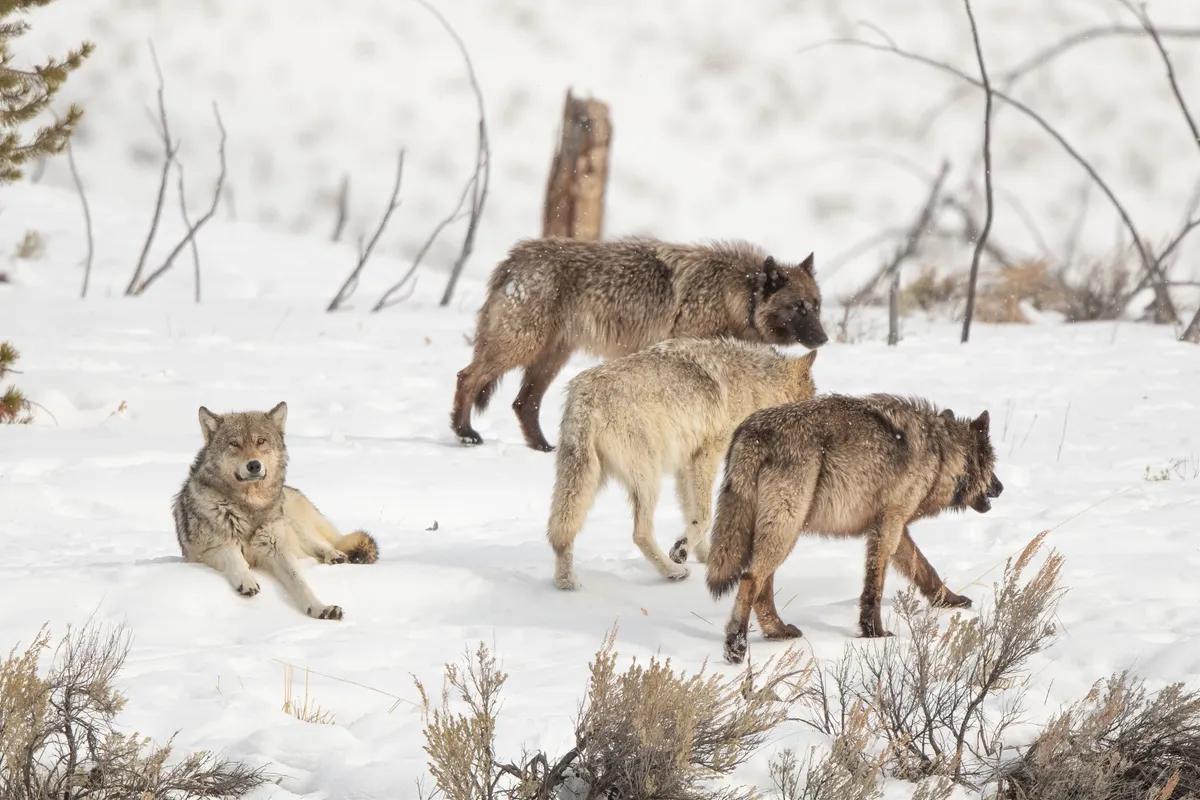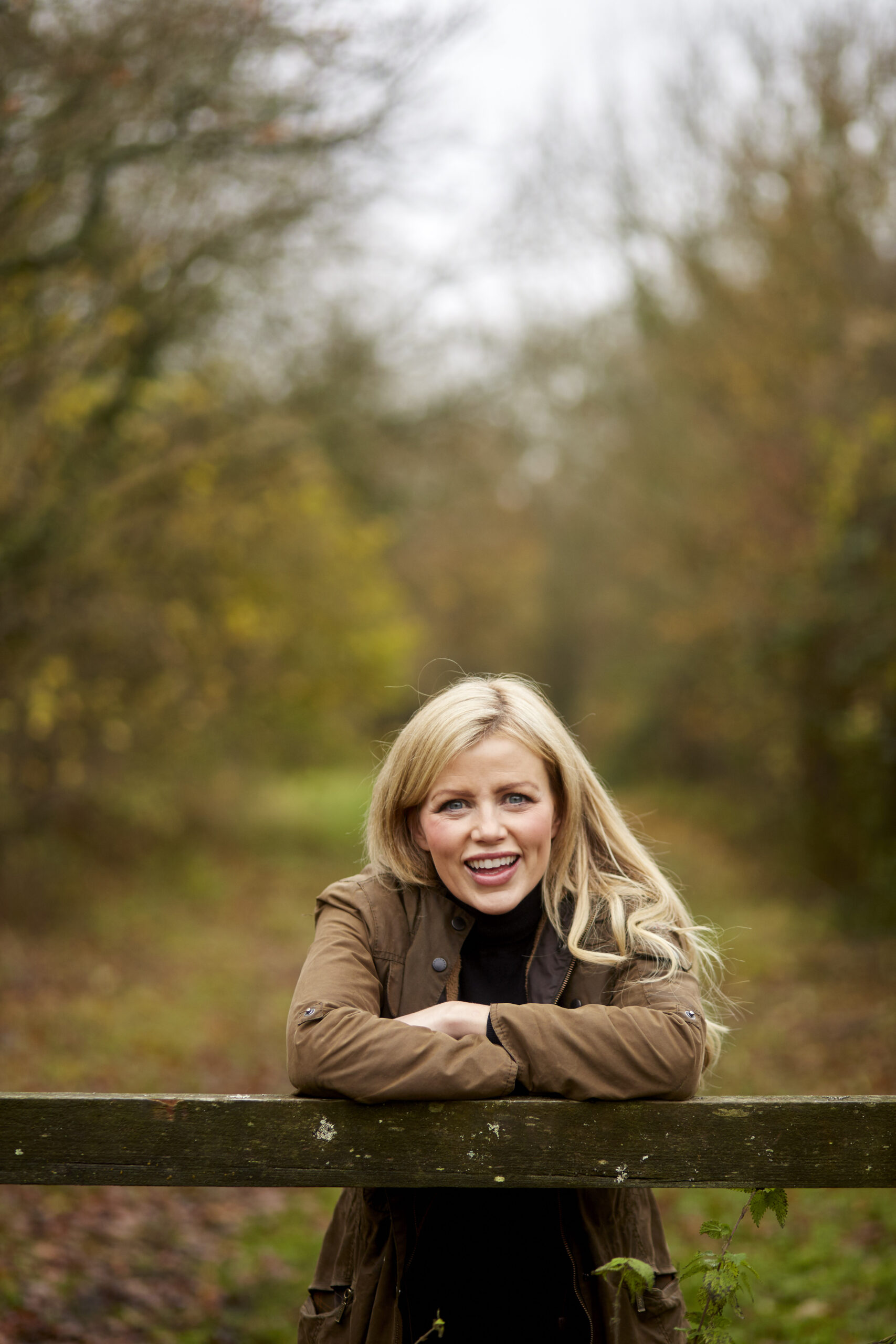Thundering along a country lane, my spaceship of heated-seat-serenity was interrupted by a commotion on the tarmac. I was pleased because the act of my rocketing into this moment had saved the life of a poor wood pigeon from the hectoring buzzard.
Opening the door to examine the casualty, I hoped I wouldn’t have to actually do anything other than puff up with self-praise for saving the day, before driving away with the wood pigeon lifting off in my rear-view mirror.
In fact, it was barely able to stagger to the verge. I frowned at the thought of having to intervene by bringing it home, only to have it die in a box, as others had done in the past. Keen to get on my way out of the wintry weather, my allegiance wavered and willed the buzzard back to consume its meal, chalking it up to the Call of the Wild. Clearly, the real problem here was me.
But now, imagine the characters replaced by a pretty blue tit, enjoying our investment at the bird feeder, and a beady-eyed wicked sparrowhawk, tucking into a blood-thirsty free meal. Even with pantomime spin like that, I cannot bring myself to subscribe to the notion that selective predator control is a valid ecological or ethical position.
Yet a surprising number of people do believe predators should be taken out to avoid excessive suffering in the wild. What price one lion, when dozens of individual prey species get to live? argues a think-piece by academic philosophers. No, hang on, lions in distant lands are magnificent. Sparrowhawks eating my entertainment, not okay. Seals or pike eating my fish, not okay. Think of the prey’s suffering, say Twitter philosophers. Slay the beasts: easy solutions to complex problems.
The think-piece further suggests taking predators out of their natural environment to give them good lives that don’t involve hunting prey. A new paradigm, indeed, for obligate carnivores. Yet what about all this human meddling?
I recall the waves on graphs in GCSE population dynamics, demonstrating how predators and prey numbers flow in response to each other. More predators, more prey eaten; prey numbers down, predators down. Over-simplistic maybe, but real-world examples are plentiful.

After wolves were hunted to oblivion in 1920s Yellowstone, the entire ecology of the national park felt the effects: the elk population more than doubled, leading to extensive over-grazing. Small mammal numbers dropped without cover; grizzly bears struggled to put on enough weight to hibernate; pollinators had fewer flowers to feed on; songbirds had fewer trees to nest in. There were fewer carcasses for scavengers, such as eagles, ravens and coyotes. At the river edges, previously a high-risk spot, elk would now gather in large herds, eroding riverbanks and causing rivers to silt up. Without the trees and clean water, beavers built fewer dams, impacting fish, amphibians and otters. When wolves were reintroduced in 1995, elk numbers dropped from 17,000 to 4,000 and restored that park once more.
Eradicating keystone species is less of a problem for us in the UK, since the exciting ones were obliterated by our ancestors. Let’s not wave our imperial muskets at countries that have managed to hold on to their top predators.
We should be clear, too, that down the pecking order, animals eat other animals: spiders, dragonflies, centipedes et al.
That doesn’t mean that we shouldn’t help alleviate suffering in wild animals, particularly where we are to blame: rescuing trapped animals, healing sick animals and caring for the orphaned.
It is correct to look at the ethics of taking life, but we must do this in a mirror, examining what is decried ‘vermin’ and why we take so much manufactured life when we are over consuming as a society. We must acknowledge the noble pursuit of eliminating suffering, while recognising the universal truth that Life Is Suffering.
